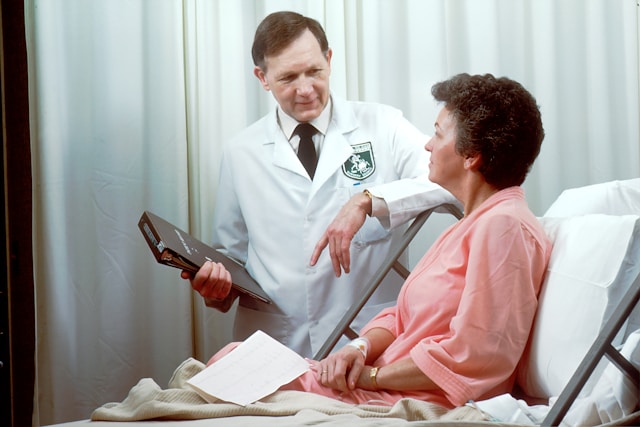Introduction
The role of a medical scribe has evolved significantly with the advent of digital technology. Today, digital medical scribes are essential in healthcare settings, enhancing the efficiency of documentation and allowing physicians to focus more on patient care. To excel in this dynamic field, a digital medical scribe must possess a diverse set of skills. This article delves into the essential skills required for a successful career as a digital medical scribe, highlighting the importance of technical proficiency, medical knowledge, communication, and adaptability.
Technical Proficiency
1. Electronic Health Record (EHR) Systems
A fundamental skill for any digital medical scribe is proficiency in using Electronic Health Record (EHR) systems. EHRs are the backbone of modern medical documentation, and scribes must be adept at navigating these platforms to input and retrieve patient information efficiently. Familiarity with various EHR systems, such as Epic, Cerner, or Allscripts, is highly beneficial.
2. Typing Speed and Accuracy
Speed and accuracy in typing are crucial for digital medical scribes. They must transcribe information quickly without compromising accuracy to keep up with fast-paced clinical environments. Regular practice and typing tests can help improve these skills.
3. Medical Software and Tools
Apart from EHRs, digital scribes often use various medical software and tools for tasks such as voice recognition, medical coding, and scheduling. Being comfortable with these tools and staying updated with the latest technology trends in healthcare is essential.
Medical Knowledge
4. Medical Terminology
A strong grasp of medical terminology is imperative for a digital medical scribe. Understanding the language of medicine allows scribes to accurately document patient encounters and communicate effectively with healthcare professionals. This includes knowledge of anatomical terms, disease names, medical procedures, and abbreviations.
5. Anatomy and Physiology
While not required to the extent of a physician, a basic understanding of anatomy and physiology is beneficial for digital medical scribes. This knowledge helps in accurately documenting patient conditions and understanding the context of clinical interactions.
6. Clinical Workflow Understanding
A digital medical scribe should be familiar with clinical workflows and procedures. This includes understanding the sequence of a patient visit, the roles of various healthcare providers, and the typical documentation requirements at each stage of patient care.
Communication Skills
7. Active Listening
Active listening is a vital skill for digital medical scribes. They must accurately capture the details of physician-patient interactions without missing critical information. This requires focused attention and the ability to filter out background noise and irrelevant details.
8. Written Communication
Clear and concise written communication is essential for documentation. Digital medical scribes must ensure that the medical records they create are easy to read and understand, free of ambiguities and errors.
9. Interpersonal Skills
Digital medical scribes often interact with physicians, nurses, and other healthcare staff. Strong interpersonal skills help in building professional relationships, understanding expectations, and collaborating effectively within the medical team.
Adaptability and Learning
10. Adaptability
The healthcare environment is fast-paced and ever-changing. Digital medical scribes must be adaptable, able to handle unexpected changes in schedules, new technology implementations, and varying documentation requirements.
11. Attention to Detail
Precision is critical in medical documentation. Scribes must have a keen eye for detail to ensure that all information is accurately recorded and that there are no errors or omissions in the patient records.
12. Time Management
Effective time management skills are essential for digital medical scribes. They must prioritize tasks, manage their workload efficiently, and meet documentation deadlines without compromising the quality of their work.
13. Continuous Learning
The field of healthcare is constantly evolving, and so is the role of the digital medical scribe. Continuous learning and professional development are crucial. Scribes should stay updated with the latest medical knowledge, documentation standards, and technological advancements through courses, certifications, and workshops.
Conclusion
Being a successful digital medical scribe requires a blend of technical proficiency, medical knowledge, communication skills, and adaptability. Mastering these skills not only enhances the quality of documentation but also contributes to better patient care and a more efficient healthcare system. As the role continues to evolve with technological advancements, digital medical scribes who invest in developing these essential skills will be well-positioned to thrive in this dynamic and rewarding profession.

